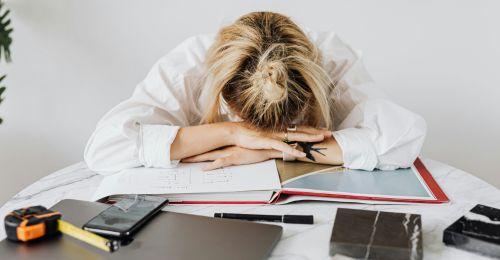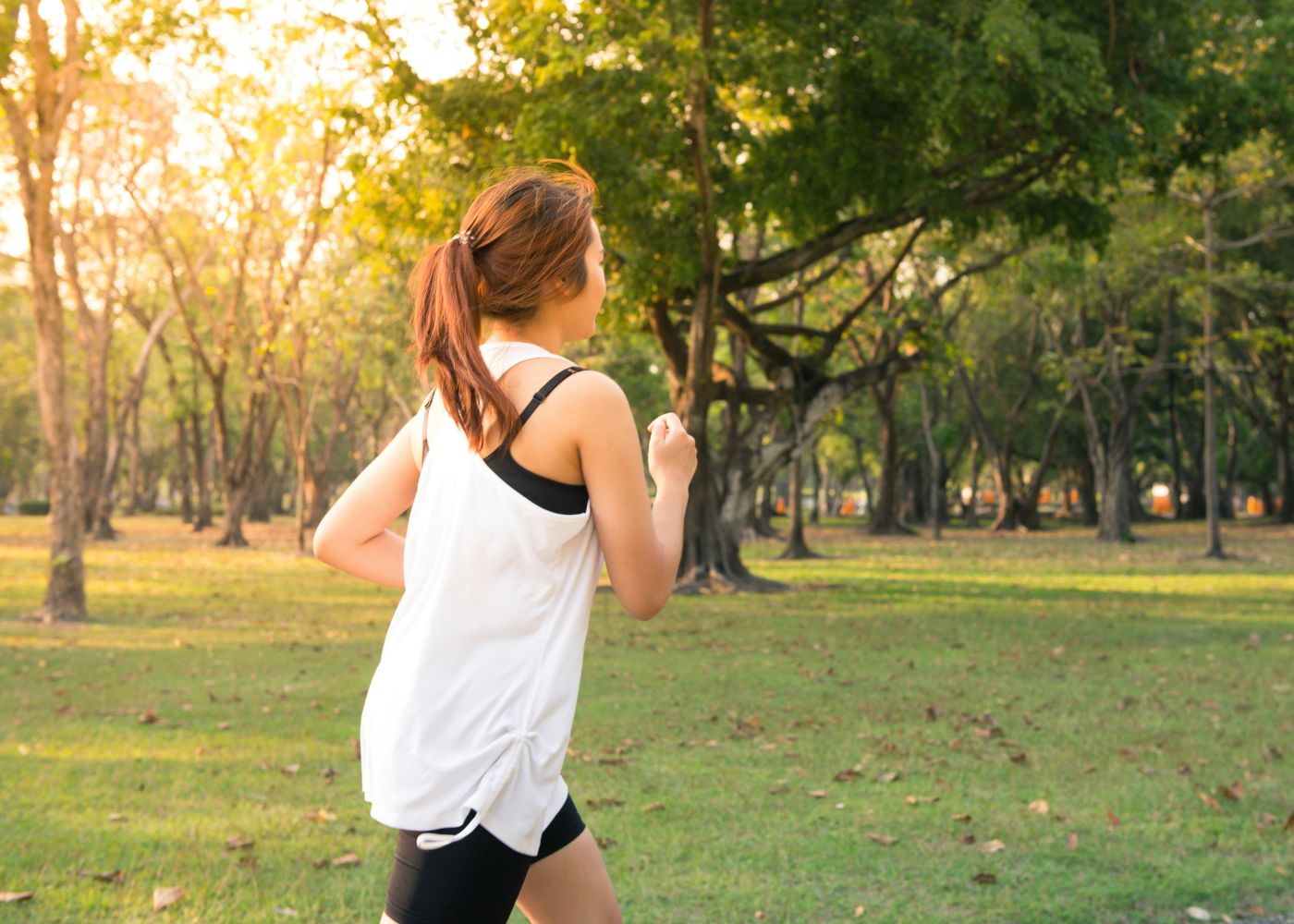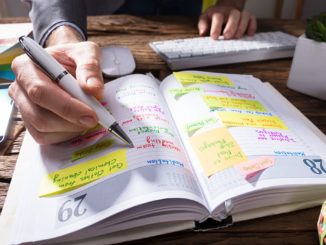
University is an exciting but challenging time full of new experiences, academic obligations and personal development. As students try to perform well and maintain a social life, the balance between studies and leisure time can quickly become unbalanced.
However, a healthy work-life balance is crucial to long-term success and satisfaction. In this article, we provide practical tips to help you reduce stress and balance both academic and personal goals.

Use time effectively
Consciously managing your time helps you to set priorities, complete tasks efficiently and reduce stress. This includes creating realistic daily and weekly plans that take into account both learning phases and breaks. Tools such as to-do lists, calendar apps or the Pomodoro technique can help you to break down tasks into manageable units and maintain focus. It is important to schedule periods of intense concentration and to minimize distractions during these periods. Likewise, students should create time for recreation and spontaneous activities to avoid overwork.
Organize the learning area
A tidy and organized workplace helps students to concentrate better and learn more efficiently. Ideally, the learning area should be quiet, well lit and free of distractions. Ergonomic furniture such as a comfortable chair and a height-adjustable table can help to avoid physical discomfort. Personal touches such as plants or inspiring decorations create a pleasant atmosphere that boosts motivation. It can also be helpful to clearly separate the workplace from the leisure area in order to find a better balance between learning and relaxation.


Don’t forget to move
Regular exercise is not only important for physical health, but also promotes mental well-being. For students who spend a lot of time sitting at their desks, it is particularly helpful to plan breaks for short exercise sessions. Whether it’s a walk in the fresh air, a few minutes of stretching or a visit to the gym – physical activity stimulates blood circulation, increases concentration and reduces stress. Sharing sports or courses with others can also have a motivating effect and help to clear your mind.
A healthy diet promotes well-being
A healthy diet is crucial for physical and mental well-being and helps students to get through the day with focus and energy. A balanced diet should be rich in fruits, vegetables, whole grains, healthy fats and lean proteins. Eating regular meals and drinking enough water helps keep blood sugar levels stable and avoids energy slumps. For students who are often pressed for time, simple and quick recipes or pre-cooking meals at the weekend can be a great help in eating healthily even during stressful periods.


A healthy sleep is a good start to the day
Getting enough high-quality sleep is essential for mental and physical recovery. Students who frequently study or work on projects late into the night risk exhausting themselves in the long term and impairing their performance. A healthy sleep pattern with about 7 to 8 hours of sleep per night promotes concentration, memory and general mood. To improve sleep quality, students should keep fixed bedtime routines and avoid electronic devices before bed, as the blue light can disrupt the natural sleep cycle.
Take a compensatory time off
Students spend a lot of time studying, attending lectures and preparing for exams, which can quickly lead to a feeling of being overwhelmed. It is therefore important to consciously look for distractions and ways to unwind in order to clear your mind and recharge your batteries. Whether it’s through hobbies such as painting, playing music, cooking or meeting up with friends – regular breaks from academic duties help to reduce stress and maintain creative impulses. Activities that bring joy also boost motivation and enable you to approach tasks with fresh energy.


Take the pressure off and take care of your mental health
To stay healthy and motivated in the long term, it is important to consciously relieve pressure and prioritize mental health. This means setting realistic goals for yourself and allowing yourself to make mistakes or experience setbacks without judging yourself. Relaxation techniques such as meditation, breathing exercises or mindfulness practices can help to reduce stress and find inner peace. It is also helpful to talk to friends and family or seek professional help if necessary to get rid of emotional baggage.
Don’t neglect your social life
Socializing with friends and participating in social activities not only offers a welcome distraction from the stress of studying, but also promotes a sense of belonging and emotional support. Taking time for dates, shared hobbies or just a relaxed conversation helps to reduce stress and gain new perspectives. Even during periods of heavy workloads, maintaining social contacts should not be neglected. Studies show that people with active social lives are more resilient to stress and less likely to suffer from loneliness or excessive demands.


Get some fresh air and soak up the sun
Regular exposure to fresh air and sunlight has an amazingly positive effect on body and mind. For students who often sit in front of computers for hours at a time, it can be beneficial to consciously spend time outside. Sunlight supports the production of vitamin D, which is important for the immune system and overall mood, and helps to boost energy levels. A walk in the park, a quick lap around the garden or even studying in a sunny spot outside can help improve concentration and reduce stress.
Don’t lose yourself
In the hectic everyday life of studying, it is easy to get lost in the many tasks and expectations. Students should therefore take care not to lose sight of themselves and their needs. This means regularly pausing to reflect on whether their current approach and the goals they have set are in line with their own values and well-being. It is important to remember that studies are only one part of life and that personal development and happiness should also be prioritized. By taking care of themselves and allowing themselves to let go sometimes, students will stay motivated in the long term.

If you want to see what our students do to balance their studies, check out our video “Work-Life Balance” on Instagram, TikTok or YouTube.



